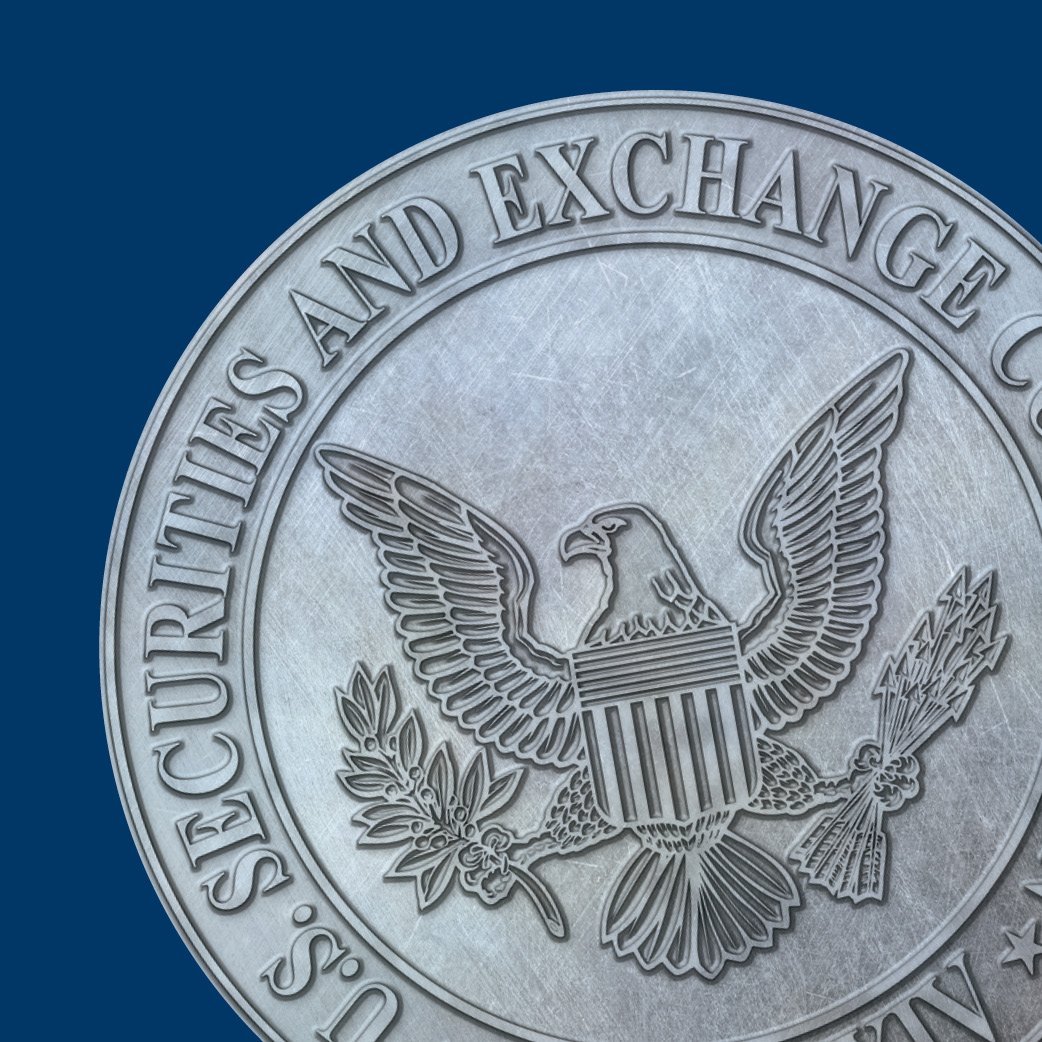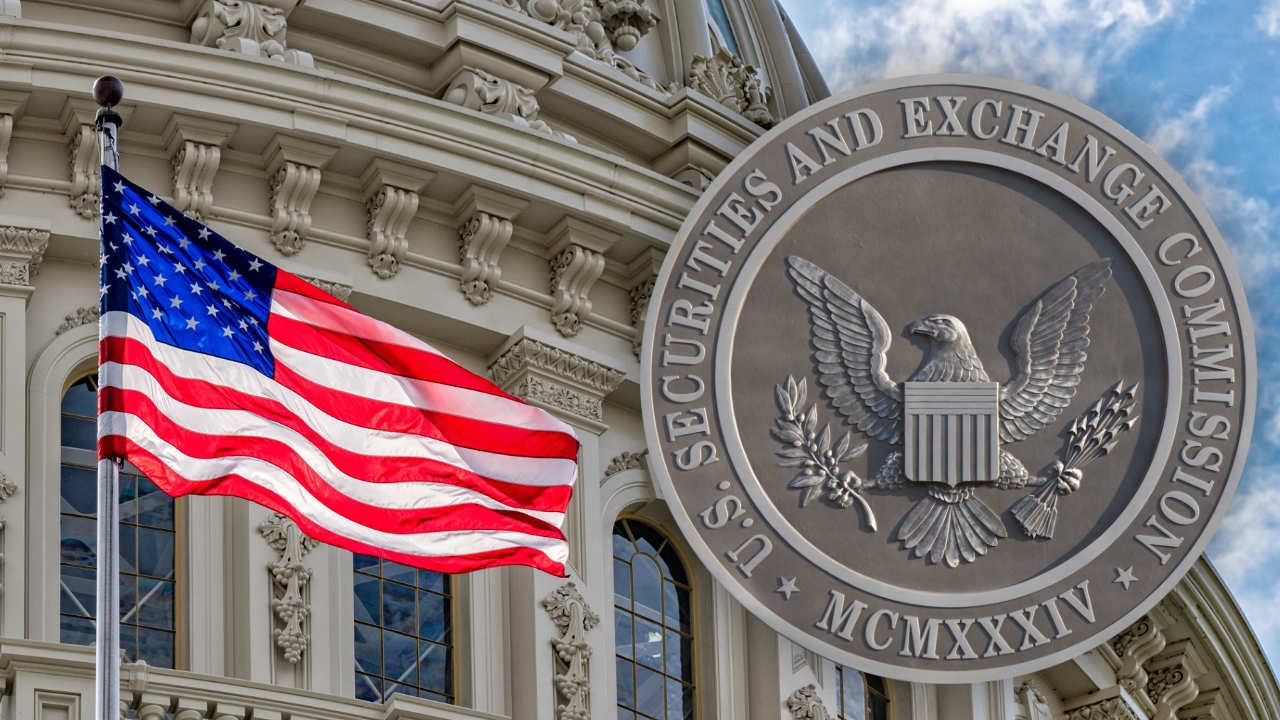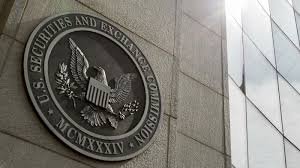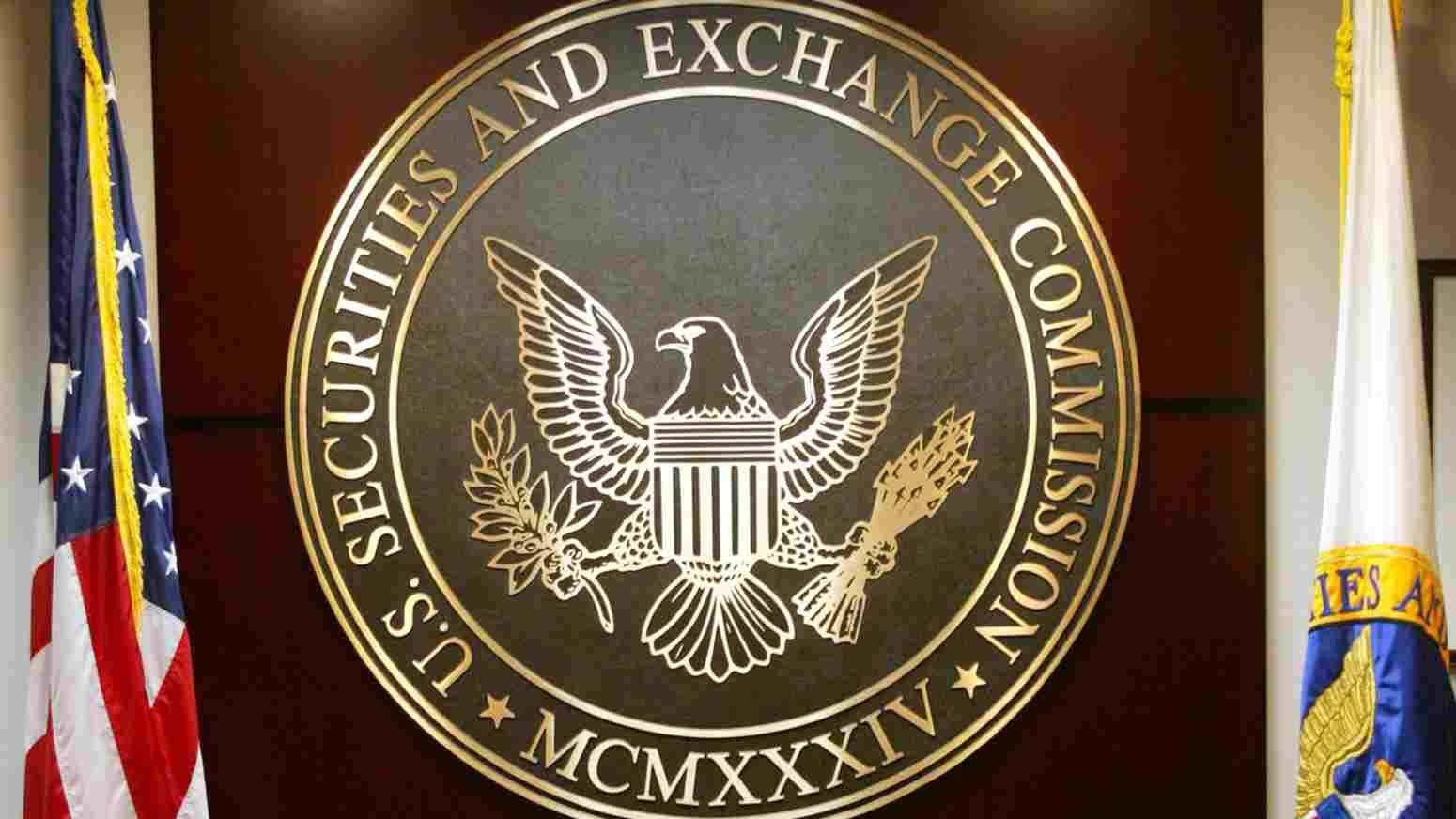

SEC Updates Dollar Threshold for Qualifying Venture Capital Funds: What It Means for the Industry
On August 22, 2024, the Securities and Exchange Commission (SEC) adopted a new rule that updates the dollar threshold for a fund to be considered a "qualifying venture capital fund" under the Investment Company Act of 1940. The rule raises the threshold from $10 million to $12 million in aggregate capital contributions and uncalled committed capital, reflecting inflation adjustments mandated by the Economic Growth, Regulatory Relief, and Consumer Protection Act of 2018.

The Aftermath of PFAR’s Demise: Navigating Private Equity Compliance in a New Regulatory Landscape
The recent vacating of the Securities and Exchange Commission’s (SEC) Private Fund Adviser Rules (PFAR) by the Fifth Circuit Court has sent ripples through the private equity (PE) industry. What was initially viewed as a burdensome regulatory overhaul for PE firms is now seen as a moment of reprieve, but also a pivotal point that raises larger questions about the future of SEC oversight. While many private equity firms are breathing a sigh of relief, this regulatory pause is unlikely to signal the end of increased scrutiny from the SEC. In fact, firms may need to prepare for a more nuanced and evolving approach to compliance in the wake of PFAR’s collapse.

Navigating the Complexities of Rule 13f-2 Compliance: Preparing for New Data Management Challenges
As the clock ticks down toward the January 2025 compliance deadline for SEC Rule 13f-2, institutional investment managers face an unprecedented regulatory challenge. This new rule, aimed at increasing transparency around short-selling activities, represents a significant shift from existing reporting frameworks, leaving firms grappling with how to overhaul their data management and reporting systems.

Strengthening Whistleblower Protections: SEC Enforcement and Key Actions for Companies
On September 9, 2024, the U.S. Securities and Exchange Commission (SEC) announced settlements with seven public companies for violations of whistleblower protections under Rule 21F-17 of the Securities Exchange Act of 1934. This latest enforcement action underscores the SEC's growing commitment to ensuring whistleblowers can report potential securities violations without fear of retaliation or obstruction. Companies are now called to reassess their policies to comply with these important protections.

SEC Adopts Amendments to Regulation NMS: New Minimum Pricing Increments, Reduced Access Fee Caps, and Enhanced Order Transparency
On September 18, 2024, the U.S. Securities and Exchange Commission (SEC) announced significant amendments to Regulation NMS (National Market System) aimed at improving market quality, reducing transaction costs, and enhancing transparency in equity markets. These changes, which address minimum pricing increments (tick sizes), access fee caps, and the visibility of better-priced orders, mark a major shift in the regulatory landscape designed to foster competition and protect investors.

SEC Shifts Focus: Climate and ESG Enforcement Task Force Disbanded
The Securities and Exchange Commission (SEC) recently dissolved its Climate and ESG Enforcement Task Force, signaling a notable shift in the Commission's regulatory focus. Formed in 2021 under Acting Chair Allison Herren Lee, the Task Force played a central role in SEC Chair Gary Gensler’s push to enhance the availability of environmental, social, and governance (ESG) data for investors. However, after facing significant industry resistance and legal challenges, the SEC has decided to wind down the Task Force, though several key ESG and climate-related rules remain in development.

SEC Targets Misleading AI Claims: Enforcement Actions and Key Takeaways
Explore the SEC's recent enforcement actions targeting "AI washing"—the practice of overstating or misrepresenting the use of artificial intelligence. Learn about key cases, regulatory risks, and compliance strategies for firms leveraging AI technology.

Update: The Supreme Court’s Decision in SEC v. Jarkesy and Its Broader Impact on SEC Enforcement
The Jarkesy ruling has considerable consequences for the SEC’s enforcement program. For years, the SEC has utilized its administrative forum to pursue civil penalties for securities fraud, with the flexibility to adjudicate matters in-house. However, the Supreme Court's decision effectively eliminates this option for cases seeking civil penalties. As a result, the SEC will likely need to shift more cases to federal court, where defendants are entitled to a jury trial. This shift could increase the complexity, time, and costs associated with SEC enforcement actions.

Advancing Financial Data Transparency: New Joint Standards Proposed by Financial Regulators
On August 2, 2024, Chair Gary Gensler announced a groundbreaking proposal aimed at enhancing the transparency and accessibility of financial data. This proposal, born from the Financial Data Transparency Act of 2022 (FDTA), represents a significant step toward standardizing financial data reporting across multiple regulatory agencies. The initiative involves nine financial regulators and is poised to streamline data collection and improve oversight efficiency.

Enhancing Financial Reporting: Insights from the Updated Conceptual Framework in FASB Standard Setting
On August 12, 2024, Paul Munter, the Chief Accountant at the SEC, released a statement emphasizing the significance of the recently updated Conceptual Framework for Financial Reporting issued by the Financial Accounting Standards Board (FASB). This comprehensive update, culminating with the issuance of Chapter 6, Measurement, of Concepts Statement No. 8, marks a pivotal moment in accounting standards development. As the FASB integrates these updates into its standard-setting activities, it's crucial for stakeholders to understand how these changes will shape the future of financial reporting and investor protection.

Understanding Conflicts of Interest in Artificial Intelligence: Video from SEC Chair Gary Gensler
On August 13, 2024, SEC Chair Gary Gensler released a video discussing the growing role of artificial intelligence (AI) in finance, particularly how it can introduce conflicts of interest that may impact investors. As AI becomes more integrated into financial services—from robo-advisors to brokerage applications—the potential for these conflicts to influence investment decisions and outcomes increases.

Key Takeaways from SEC Report on Cyber-Related Frauds and Internal Accounting Controls
In today's rapidly evolving digital landscape, the threat of cyber-related fraud has become an ever-present concern for public companies. The SEC's 2018 report sheds light on this issue, focusing on the risks posed by cyber-related frauds that exploit vulnerabilities in internal controls. The report serves as both a cautionary tale and a guide for companies looking to strengthen their defenses against these sophisticated attacks.
